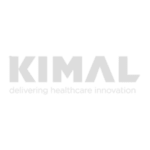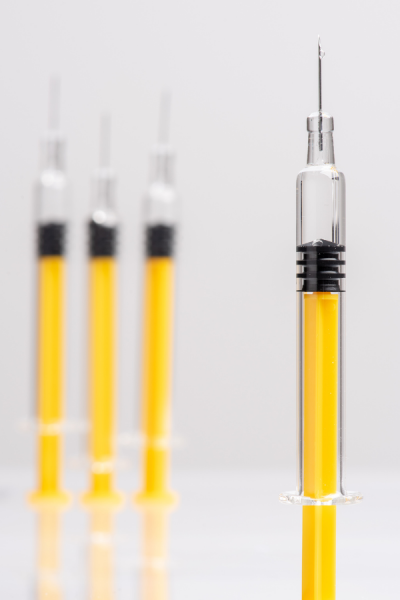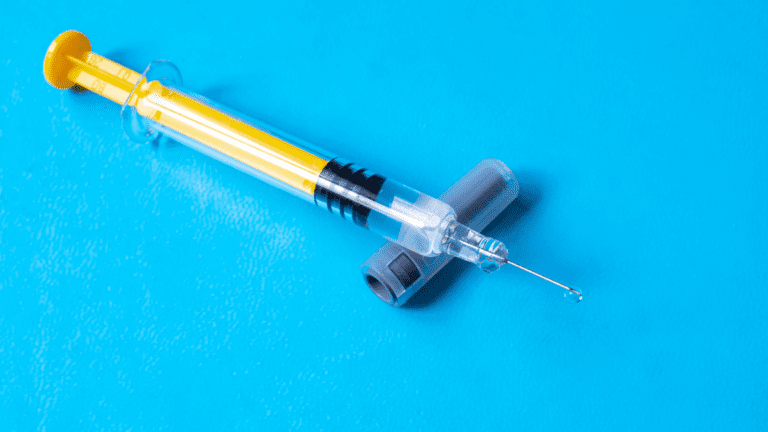Testing a Pre-Filled Syringe
Home » Pre-filled Syringe Testing and Compliance
Comprehensive Testing for Pre-filled Syringes
Every new syringe/formulation combination requires full performance and safety validation for FDA submission and EC registration.
Cormica’s facilities are accredited to GMP, GLP and ISO 17025
Complete Solutions for Pre-filled Syringe Testing
From design verification to regulatory submission, Cormica offers a full suite of testing services for pre-filled syringes. Our expertise covers method development, method validation, accelerated ageing and stability studies, and post-market surveillance. We also provide microbiological QC testing and other critical assessments to ensure your products are safe, effective, and compliant with all regulatory requirements. Partner with us for reliable, end-to-end testing solutions.

Do you need help understanding what tests and regulations you need to adhere to when launching and releasing a Pre-Filled Syringe? Contact our team of experts who can assist you with this!
Services & Tests
Analytical Chemistry
- Extractables & Leachables Testing
- Cleaning Validation and Verification
- Nanoparticle Sizing
- Particle / Powder Properties & Characterisation
- Formulation Development
- Physicochemical Testing
- Solid State Analysis for Injectable Products
- X-Ray Powder Diffraction Services
Microbiology & Sterility
- Sterility Testing
- Bacterial Endotoxin Testing
- Bioburden Testing
- Microbial Identification
- Quality Control & Batch Release
- Environmental Monitoring
- Preservative Efficacy Testing
- Biological Indicator Testing
- Microbial Integrity Testing
- Cytotoxicity Testing
Physical & Functional Testing
- Design Verification & Validation Testing
- ISO 11040 Prefilled Syringe Testing
- ISO 80369 Small Bore Connectors
- ISO 11608 Needle Injection Systems Testing
- Parental Containers Testing
- Accelerated & Realtime Ageing Studies
- Packaging Validation & Testing
- Transit & Distribution Testing
Consultancy
- Biological Evaluation Plan (BEP)
- Biological Evaluation Report (BER)
- Clinical Evaluation Plan (CEP)
- Clinical Evaluation Report (CER)
- Technical File
- Periodic Safety Update Report (PSUR)
Chosen by Industry Leaders for World-Class Testing and Compliance





ISO 11608 – Dose Accuracy, Visual inspection
ISO 80369 – Air Leakage/Positive Pressure Liquid Leakage, Separation Force, Unscrewing Force, Resistance to Overriding, Stress Cracking, Ease of Assembly.
ISO 11040 – Break Loose, Glide Force, Flange Breakage, Luer Cone Breakage, Burst resistance, Luer Lock Collar Adaptor Pull-Off Force or Torque Resistance, Lue Lock Rigid Cap Removal, Needle Penetration Force, Needle Pull Out Force, Residual Volume.
ISO 7886 – Liquid Leakage at Syringe Plunger Stopper
ISO 23908 – Safety Shield Activation Force
ISO 8537: Barrel Dimensions, Piston Design, Air Leakage During Aspiration, Liquid Leakage During Compression, Plunger Movement, Plunger/Stopper Pull-Out Forces, 2nd Packaging
ASTM D6653 – Air Transport – Plunger Movement

Understanding Pre-filled Syringes Component Compliance

Types of Pre-Filled Syringes
- Dose set (Single Chamber) Pre-filled syringes
- Multi-Dose set (Dual Chamber) Pre-filled syringes
- Pre-loaded Syringes for Auto Injectors
- Reusable Pre-filled syringes
- Plastic Pre-filled syringes
- Glass Pre-filled syringes
- Staked Needle Pre-filled syringes
- Needle Free Pre-filled syringes
- Tamper evident Pre-filled syringes
- Pre-filled syringes with Safety Shield




